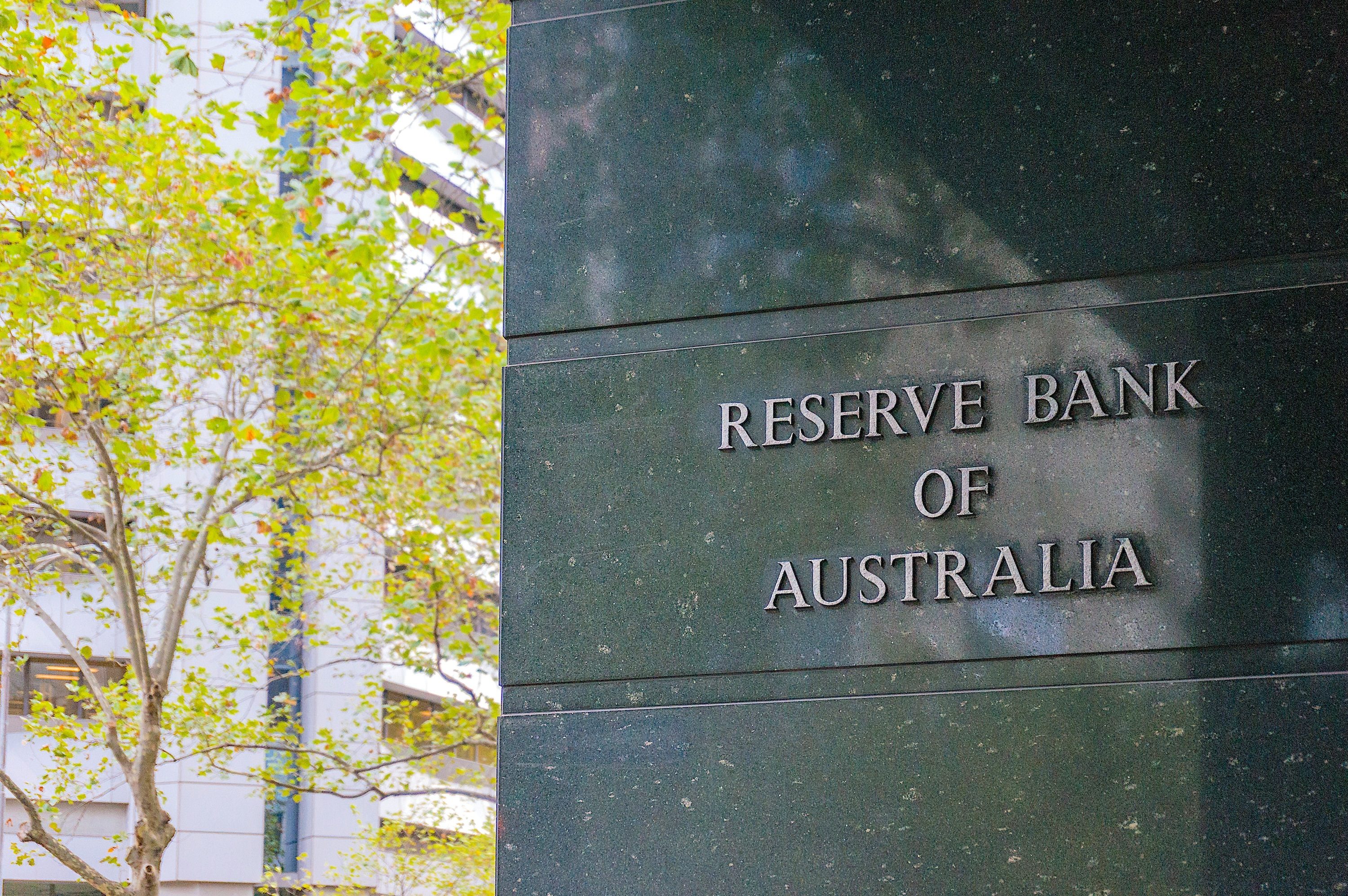When is the next RBA decision? Monetary policy meetings explained

UPDATE: The RBA held the official cash rate at 3.60% on 9 December, 2025 .
The Reserve Bank of Australia (RBA) is in charge of Australia’s monetary policy , meaning the central bank monitors the economy's highs and lows and adjusts policy to improve stability.
In particular, the RBA monitors inflation in an attempt to avoid recessions where possible. RBA Board members meet regularly throughout the year to check-in with the Australian economy and see if action is needed. For example, if inflation is out of control or GDP growth is down, they may consider adjusting monetary policy, such as hiking or cutting the official cash rate .
Decisions from RBA policy meetings can have significant impacts on everyday Aussies. Cash rate decisions often determine the interest rate you pay on your home loan , as well as the interest rate banks and financial providers set for savings accounts and term deposits .
Changes to the cash rate can also influence borrowing costs, jobs, and wage growth while shaping inflation and the cost of living. They might also affect the Australian dollar, impacting trade and travel, and can sway stock markets, superannuation, and investments.
So, how often does the RBA meet? And what sorts of decisions do they make?
When is the next RBA Board meeting?
The RBA Monetary Policy Board sets the cash rate at each meeting.
Historically, the RBA Board met 11 times per year. However, the frequency and structure of these meetings was amended in 2024 to allow for more in-depth analysis and decision-making.
The board now meets eight times a year , every six weeks , with discussions taking place over two days and a decision announced on the second day – always a Tuesday at 2:30 pm (AEST/AEDT) .
Here's the RBA meetings' schedule for 2026:
- 2–3 February 2026
- 16–17 March 2026
- 4–5 May 2026
- 15–16 June 2026
- 10–11 August 2026
- 28–29 September 2026
- 2–3 November 2026
- 7–8 December 2026
It's important to note that in March 2025, the RBA switched to a dual-board system:
- Monetary Policy Board – Responsible for setting key rates and monetary policy decisions. The board includes the RBA Governor, the Deputy Governor, the Treasury Secretary, and six external experts with deep knowledge in economics, financial markets, and labour markets. The aim is to improve decision-making by incorporating a broader range of perspectives.
- Governance Board – Separate from monetary policy, this board oversees the RBA's corporate governance and operations; handling risk management, organisational strategy and overall accountability – ensuring the central bank is run efficiently and transparently.
How do RBA rate decisions affect your cost of living?

RBA cash rate calls can indirectly affect how much money you spend on the cost of living .
If the economy is in trouble, the RBA can change its monetary policy in a few ways. Its primary tool is the official cash rate, which banks and lenders use as a guide when pricing interest rates on home loans, savings accounts, and term deposits. Cash rate decisions may also affect personal loans and credit cards, but they aren’t nearly as sensitive.
The graph below shows the correlation between RBA cash rate decisions and market rates:
In raising the cash rate, the RBA intends to reduce consumer spending and encourage saving. This can be achieved because interest rates on home loans and deposits are likely to increase. Costly home and investment loans can affect everything from property prices to rental prices .
On the other hand, cutting the cash rate can make home loans cheaper and deposits less attractive. This may lead to higher consumer spending, injecting fresh funds into the economy.
The RBA will typically raise t he cash rate if inflation is too high and trim it if spending is too low. The goal is to keep the economic highs and lows from veering too hard in either direction. High inflation erodes people’s savings, while recessions hurt businesses and worsen unemployment. Neither is good, so the RBA works hard to avoid both.
Whatever the cash rate, it can be beneficial to compare home loan rates. See our tables below.